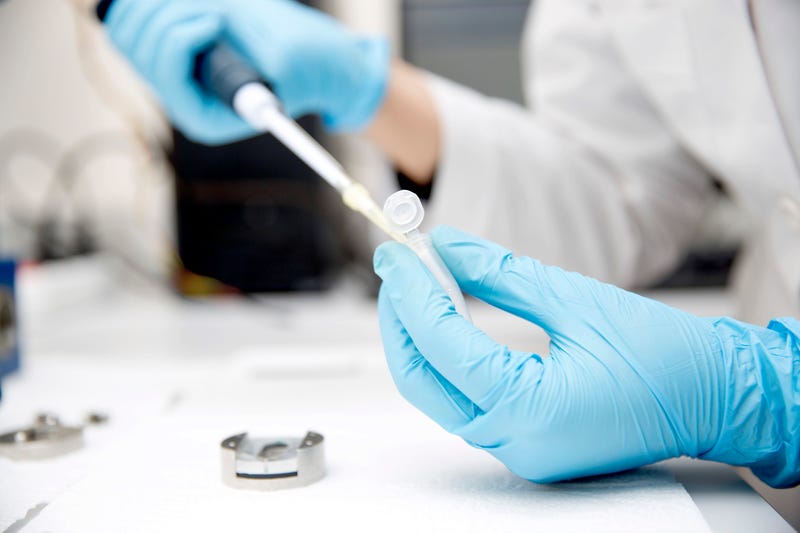
Scientists from the Centers for Disease Control and Prevention are researching three cases of a tropical infection found in U.S. patients who hadn’t traveled to places where the pathogen originates.
According to the CDC, the patients from Texas, Kansas and Minnesota were diagnosed with melioidosis, a disease caused by Burkholderia pseudomallei bacteria. The bacterium has been studied for its possible use as a bioterrorism weapon, the CDC said.
“In the past, some countries that have used bioweapons during war have used germs closely related to the one that causes melioidosis,” the agency said.
So far, the cases found in the U.S. this year are not linked to bioterrorism.
“Genomic analysis of the strains suggests a common source, such as an imported product or animal; however, that source has not been positively identified to date,” the CDC said June 30.
Doctors were surprised to see the cases, as patients with melioidosis typically become infected with the disease only when they travel to areas where it naturally lives in the soil, such as Southeast Asia, Central America and northern Australia. However, the three U.S. patients did not travel outside of the country, said the CDC. Puerto Rico is the closest area with some naturally occurring Burkholderia pseudomallei.
Of the three cases one was a child and one was male while two were female. The first was diagnosed in March in a patient with several risk factors, including chronic obstructive pulmonary disease (COPD) and cirrhosis, who died ten days after being hospitalized.
Both of the other cases were diagnosed in May. One patient was released from the hospital to a transitional care unit and the other was still hospitalized as of June 30.
“Melioidosis can be a serious disease,” said the CDC. “Melioidosis germs are naturally resistant to many commonly used antibiotics, which makes the disease difficult to treat. There are a few antibiotics that are effective, though.”
If patients do not receive proper treatment, up to nine out of every 10 people who get melioidosis die, according to the CDC. With the correct antibiotics, fewer than four out of 10 people die and with medical treatment in an intensive care facility, only two out of 10 people die.
Last month, the CDC published a study about a similar case of melioidosis diagnosed in a Texas man who had not travelled out of the country. The 63-year-old Atascosa County, TX, came to the hospital in 2018 with a fever, chest pain, labored breathing, congenital unilateral renal agenesis and suspected type 2 diabetes.
Blood tests showed that the patient was infected with Burkholderia pseudomallei. Due to the rarity of the disease in the region, seven lab personnel were exposed to the bacteria when handling samples.
No specimens of the bacteria that causes melioidosis was found on the man’s rural ranch.
As for the more recent cases, symptoms included: cough and shortness of breath, weakness, fatigue, nausea, vomiting and intermittent fever as well as a rash on the trunk, abdomen, and face. Often, melioidosis is wrongly diagnosed tuberculosis or other diseases since there is a wide range of symptoms.
Unlike COVID-19, melioidosis is not considered to be transmitted person-to-person via air or respiratory droplets.
“There have only been a few documented cases of person-to-person transmission,” said the CDC.
University of Hawaiʻi at Mānoa School of Life Sciences researchers were recently awarded a $3 million contract from the Defense Threat Reduction Agency in the U.S. Department of Defense to create a vaccine to protect against melioidosis, according to a June 27 announcement.
The school described melioidosis as “one of the most misdiagnosed and deadliest diseases in the world.”
LISTEN on the Audacy App
Sign Up and Follow Audacy
Facebook | Twitter | Instagram


